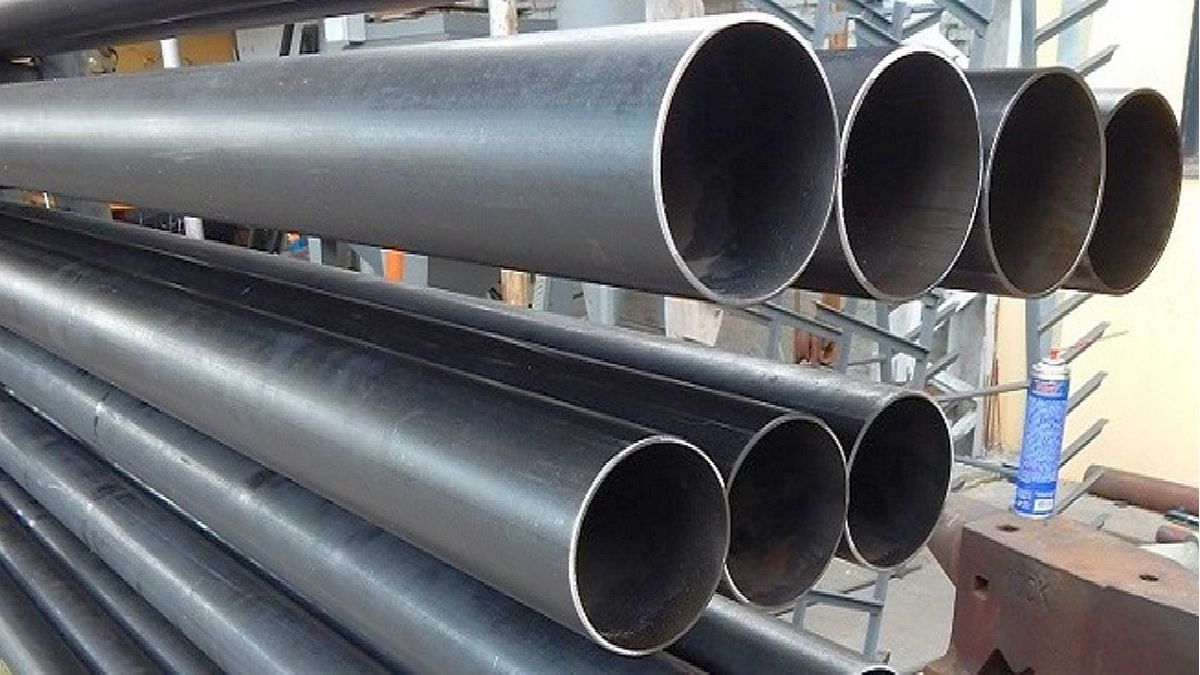The steel production deepened his collapse in February, as a consequence of the economic recession: fell 21%, according to data from the Steel Chamber.
For its part, the drop in laminate production (186,800 tons) was greater: 38.6% compared to January and 45.5% year-on-year.
In this context of a sharp drop in activity, the chamber warned that “The 6-day fight plan carried out by the UOM, which included a 72-hour strike this week, is inappropriate and excessive, given that it has no history in the industry and affects workers and their families.”
With 323,600 tons, crude steel production fell by 20.6% in February compared to the previous month and by 9.7% year-on-year.
“There are still no signs of recovery in demand from the steel value chain, with the exception of the energy sector, which continues to drive and maintains expectations for 2024,” the entity indicated.
He pointed out that both construction, white goods and packaging continue to decline, while the agricultural machinery and agricultural implements sector has not yet recovered despite the good prospects for the coarse harvest.
The chamber indicated that “the steel industry, companies, workers and communities, must work together with the industrial value chain with the aim of increasing Argentine exports of high added value and thus being able to maintain the pace of work.”
In February, the automotive sector recorded a monthly drop of 19% and a bimonthly drop of 18.2%.
In the mass consumption market, the drop in shipments to household appliance manufacturers continues, while the packaging sector maintains the level of activity thanks to sales of aerosols and food.
Primary iron production in February was 261,400 tons, resulting in 8.3% lower monthly (285,000 tons in January) and 17.1% lower compared to February 2023 (315,500 tons).
The production of cold rolled flats in February 2024 was 57,100 tons, resulting in 22.1% less than that of January 2024 (73,200 tons) and 32.4% less than that of February 2023 (84,400 tons).
Source: Ambito




